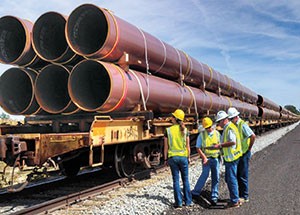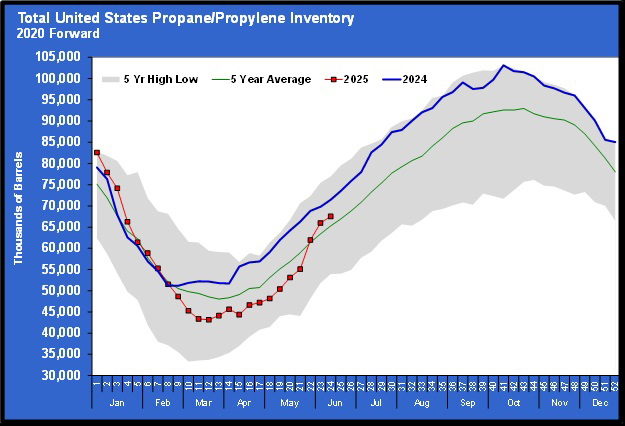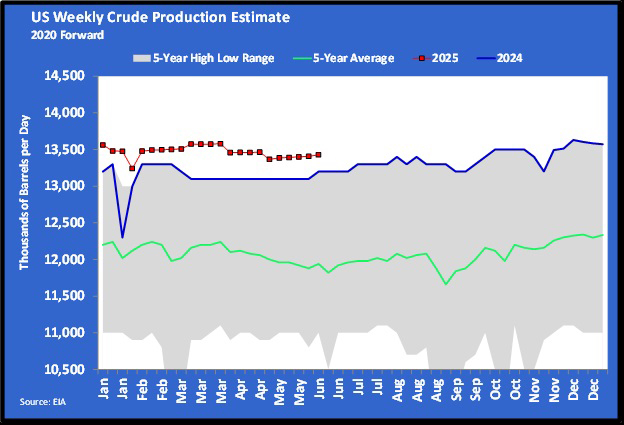NPGA reinstates state affairs position to unify industry when tackling trending issues
The National Propane Gas Association (NPGA) hired Lesley Brown Garland as its director of state affairs in October 2014. According to NPGA, the position was reinstated this past year. NPGA reports the position was last held at the manager level in the mid-1990s and was primarily used to track state activities. Today, NPGA describes the position as a director-level job that was brought back due to the increasing amount of legislation being pushed through state legislatures.
Garland, former president and CEO of the Western Propane Gas Association (WPGA), is responsible for identifying state legislative and regulatory issues, along with developing strategies to address them. She explains the role and some of her goals for the industry to Megan Wilkinson, associate editor of LP Gas.
LP Gas: When did you learn that you would take over NPGA’s reinstated state affairs position?
Garland: In early 2014, after my husband was offered an amazing career opportunity that made it necessary for him to travel significantly and move to San Francisco, I decided it was best for me to step aside and take on new challenges that wouldn’t require as much time away from our 3-year-old son. When [NPGA President and CEO] Rick Roldan called and asked if I was interested in joining NPGA [for the state affairs position], I jumped at the chance to continue working in the propane industry.
LP Gas: Why did NPGA reinstate the state affairs position?
Garland: There were a few reasons. Last year, the industry analyzed its needs from the winter’s supply and infrastructure challenges. Recognizing the impact state and local legislative and regulatory issues have on a national basis, NPGA’s executive committee revitalized the association’s state affairs program.
LP Gas: What are some of the main responsibilities of the state affairs director and program?
Garland: As a first step, NPGA invested in a national legislative and regulatory tracking system that allows the identification and analysis of threats and trends. Through the tracking system, NPGA staff has reviewed several thousand bills since the beginning of 2015 state legislative sessions and are currently closely monitoring approximately 250 bills.

Natural gas expansion is a significant threat to the propane industry. Photo courtesy of Consumers Energy
LP Gas: Several thousand bills? That seems like a lot. How is NPGA sorting through all of those?
Garland: From a basic standpoint, we do a keyword search where there are certain words we look for in the legislation, like “propane” or “LP gas” or “natural gas.” We look for phrases in the laws. Once we find those words, we read through the subject matter of the legislation. If it seems pertinent, we analyze the bill. And from there, we might talk to state associations or lobbyists about this bill to decide whether it’s a trend or just in one state. Sometimes a bill will mention propane, but it’s not really anything that relates to the industry. The word “propane” is just in there. But we want to recognize potential opportunities and potential problems for the industry and to maximize industry resources.
LP Gas: Do a lot of these bills and laws look the same in each state?
Garland: Not necessarily. We definitely see natural gas expansion trends across the country. There are other issues where it is a very localized topic because maybe it was just an issue related to a specific location. There’s a lot of variety and it depends on the topic.
LP Gas: So if you weren’t looking at the bills and legislation, is there good communication between the states in regard to what’s going on?
Garland: State associations seem to communicate on a regular basis about legislation. Some are aware of issues that are going on outside of their backyard, like California might know what’s happening up in New York based on that communication. But there are some smaller associations with limited resources that might not be able to attend as many meetings or they have fewer relationships. This is one way we can make sure we’re helping everyone as much as we can, offering resources as they’re available.
LP Gas: What are some of your other responsibilities outside of looking at all of the bills and laws?
Garland: We developed a monthly report to update industry leaders on these trends and also provide weekly updates through NPGA Reports. Now, we are moving to the next step in the program: a state engagement initiative to influence legislative and regulatory outcomes through the investment of association resources. It’s too early to expand on that since the NPGA executive committee is still talking about this.
LP Gas: What is your vision in the state affairs director position to help the propane industry?
Garland: Coming from a state association [WPGA], I know there are issues states have in common but don’t often realize it until it’s too late. My goal is to build bridges where there are common issues so the industry can fight with a single voice and unified resources to maximize what we can accomplish together. We’re going to need to fight smart to win.
LP Gas: If you had to pick one or two issues that seem to be trending in the industry based on the legislation you’ve analyzed, what would you say that is right now?
Garland: The biggest issue we’re facing most notably is the natural gas expansion in the residential sector. That puts us up against incredibly funded, organized groups. We anticipate it will be an issue we face for many years to come. Another issue we’re seeing more and more of relates to carbon fuel standards. It used to be mostly a California thing, but now it’s appearing in other states.
Megan Wilkinson is associate editor of LP Gas magazine. You can reach her at 216-363-7930 or mwilkinson@northcoastmedia.net.

















